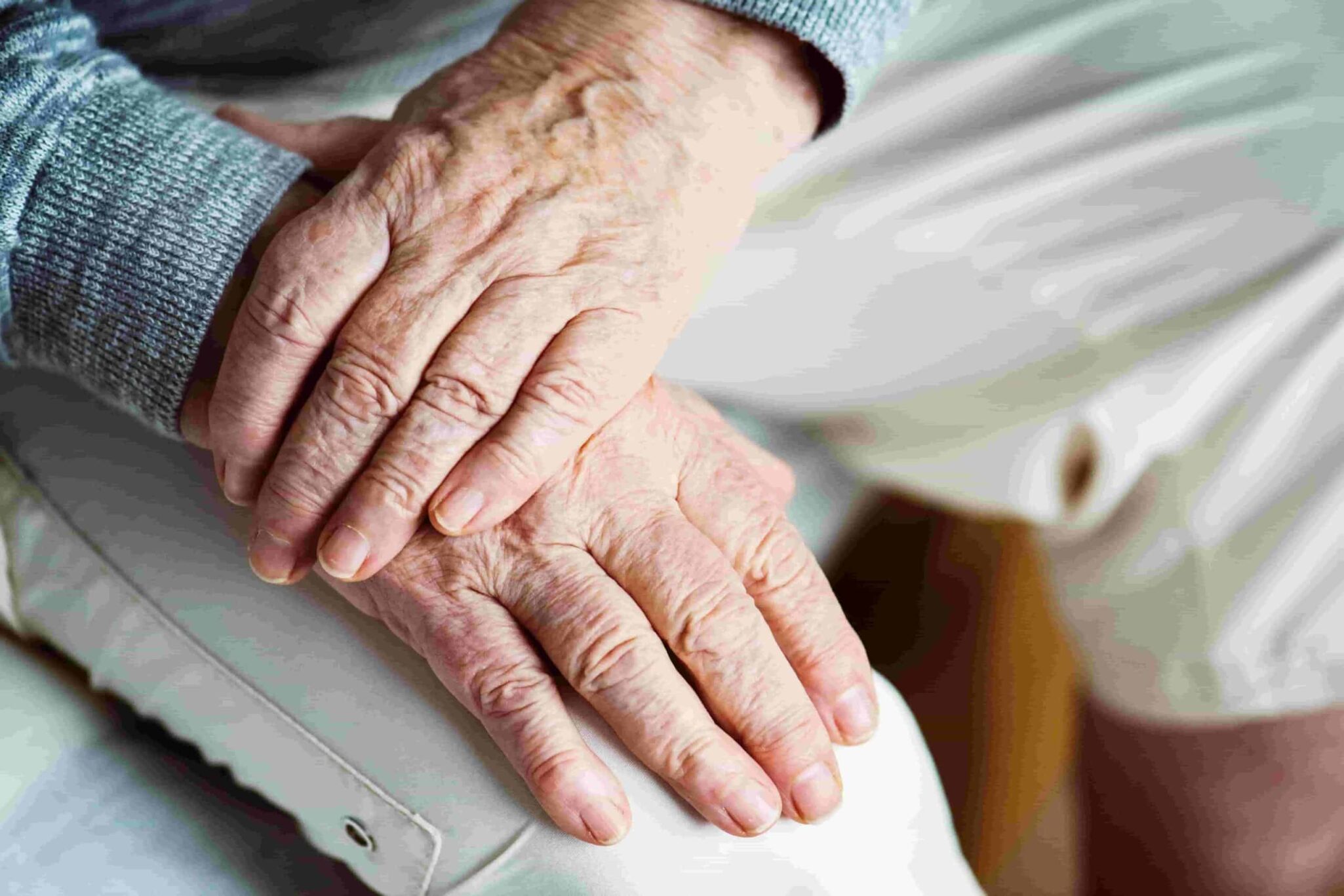Dementia Risk Increases with Loneliness

A diagnosis of dementia could affect many aspects of your aging parent’s life. So, it’s often a common concern among adult children. According to the World Health Organization, more than 10 million new cases of dementia will occur this year.
Usually, people think of Alzheimer’s as the most common cause of dementia. However, the term dementia refers to a broad range of symptoms that affect memory and how well the brain works. For most, these symptoms cause trouble dealing with everyday tasks.
While there is no cure for dementia, research continues to study dementia risk factors, prevention, and treatment. As a result, researchers have identified several risk factors that can be prevented – including loneliness or isolation. Your parent may not be able to change his or her genetics or age. But, taking steps to prevent things like loneliness might help reduce mom or dad’s overall dementia risk.
New Loneliness and Dementia Study
Many studies have looked at the connection between feeling lonely and dementia. Most recently, a study in The Journals of Gerontology further showed the link between the two. In the study, researchers found that the risk of dementia was 40 percent higher in people who said they felt lonely.
At the beginning of the Florida State University study, people answered questions about feeling lonely, social activity, behaviors, and genetic information. Then, they followed each person for 10 years to record signs of dementia. The study included people from a variety of races, different education levels, and genders.
In a press release about the study, the lead researcher noted two helpful takeaways. First of all, most seniors can make changes to prevent feeling lonely. It’s a modifiable risk factor. Also, the study shows the need to ask aging loved ones about their social activities and contact. It’s certainly important to talk about how they feel.
Keep Your Aging Parent Connected
Because feeling lonely can affect your aging parent’s overall health, take time to check for signs of isolation. Ask your mom or dad about their social contacts. Consider any issues that get in the way of social interaction. Then, talk about any changes you need to make. Every person has different ideas about the types and amount of social contact they need.
Often, feeling lonely results from a person’s location. For some, this can mean living alone or not having the ability to go where they want to go. For others, their location may not be near others of the same age or interests.
Many aging adults find living in an assisted living community helpful for more social contact. Most communities offer activities to keep residents involved. Plus, living next to others at the same stage of life lends itself to more social connections.




